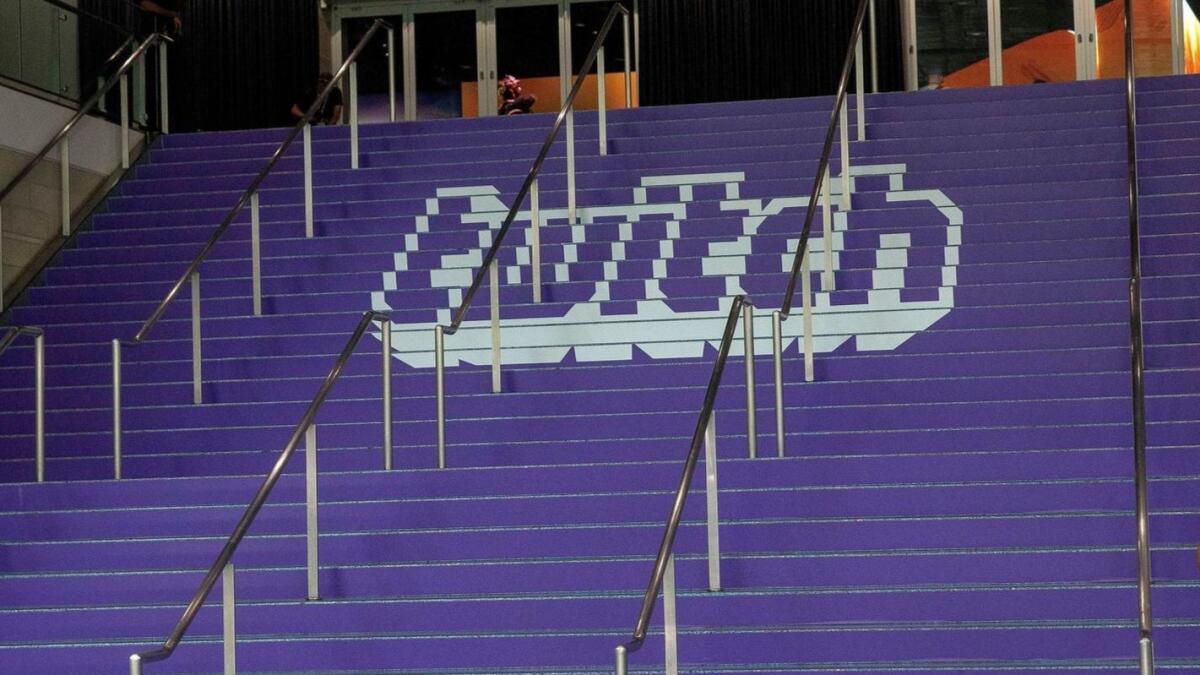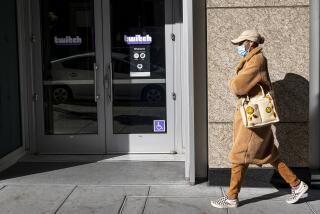How Amazon’s Twitch protects its LGBT community from online harassment

On May 25, Twitch, the live-streaming service owned by Amazon.com Inc., came under attack. A band of anonymous trolls began flooding the service with pornography, copyrighted movies, violent videos, misogynistic programming and racist content. In response, Twitch did something unusual for a major social media platform during an era in which online harassment often goes unchecked for long periods of time: Twitch took immediate and decisive action to protect its community.
For the next two days, as it grappled with the attackers, Twitch prevented all new users from streaming. It imposed two-factor authentication for certain accounts. And it filed a lawsuit in federal court seeking damages from the anonymous assailants for trademark infringement, breach of contract and fraud.
The aggressive countermeasures were part of a broader, ongoing effort by Twitch to carve out a safer space for the 500,000 streamers who go live on the platform each day. The company is particularly mindful of its minority members who often bear the brunt of online harassment. “It’s a bit tough to tackle because as many ways as you can shield your community, there are ways that people will come up with to work around it,” said Katrina Jones, who was hired by Twitch in September as its first diversity and inclusion executive.
To try to diminish personal taunting, Twitch deploys automated bots that can block comments based on specific keywords. Channel owners can also empower their own volunteer moderators to kick off offenders. Additionally, Twitch now requires users to provide both a verified email address and a verified mobile number, which in theory should make it more difficult for anonymous miscreants to cause trouble.
Every day in June, to showcase the diversity on Twitch, the streaming service featured a different LGBTQ creator. The company did the same in earlier campaigns to promote black and female streamers. An effort called Twitch Unity is aiming to “amplify underrepresented communities,” Jones said. Volunteers help identify which creators to highlight and use a system of hashtags to steer viewers toward their channels.
Bloomberg picked a trio of streamers from among the LGBTQ community to explain why they use Twitch, how it protects them and what they do when harassers make it through the safeguards.
Annie Roberts, 22, frequently goes on Twitch to livestream Overwatch, the popular multiplayer shooting game. Roberts, who is transgender, first came to the platform in January 2018 because she wanted to be able to meet and play games with other transgender people, which she said was hard to do in the “real world.”
Roberts, a native of Michigan, initially found a community of about 20 fellow gamers on Twitch, who formed the core of her channel. Her audience has since grown significantly. She now has about 20,000 followers and is playing Overwatch professionally as a salaried member of the Florida Mayhem team.
Roberts said that Twitch provides a stage for transgender people to portray their own experiences rather than having to rely on depictions by straight actors on TV or in movies. It’s one of the few places a trans person can reach a broad audience as themselves, she said.
The harassment protections, she said, are appreciated if imperfect. “You’re never going to be immune, but it’s a trade-off,” Roberts said. “If I advertise myself as LGBT, I get homophobic and transphobic raiders, but for every one troll, I get 100 people who care for me and I can really connect to.”
Deere, 31, said Twitch provides a way for her to perform as a drag queen without risking violence at a bar or other public venue. She got started on Twitch in 2016 with just a few friends for support. These days, she goes on her channel to demonstrate how she prepares her drag costumes and also to livestream herself playing horror video games. Deere, who goes only by her drag queen name, now has more than 8,000 followers and 90 viewers for each livestream.
The exposure has led to panel appearances at RuPaul’s DragCon convention and at the TwitchCon convention, where she talked about drag queens, gaming and makeup tips — which, in turn, resulted in more followers. Deere said she earns money on Twitch but not enough to live off of.
She still gets harassed every time she broadcasts and has friends serve as moderators to banish the worst culprits. “Me being a gay man, the dressed up in women’s clothes and makeup and hair and all this crazy, crazy stuff, if I don’t demand a space for myself, I don’t think that anyone would make it for me,” said Deere, who identifies as male but uses a female pronoun when in her drag queen role. “If I don’t put my best foot forward and say, ‘I’m here, I’m queer, get used to it,’ then it would be easy to get left in the dust.”
Antphrodite, 28, said that the first time he streamed on Twitch in May 2017, he didn’t really have a show planned. He just wanted to try it out. Twitch had just launched a section for chatting rather than playing video games. (“Just Chatting” is now one of the most popular genres on the platform). He turned on a web cam, aimed it at his bright pink room that heavily features the anime character Sailor Moon, and began talking. During the first show, someone noticed his tarot cards on a shelf in the background and asked for a reading.
Antphrodite (who also goes by Ant) is now one of the most popular psychics on Twitch, with some 20,000 followers and 400 to 500 people tuning in to watch each stream. He makes his living mixing public and private online readings for his followers along with making predictions about celebrities based on suggestions from viewers.
Antphrodite said he’s been bullied for being gay — offline as well as on Twitch and on other websites. He doesn’t give out his real name for security reasons. Even so, he considers himself a “survivor, not a victim.” Keys to his success on Twitch have been the streaming service’s strictly enforced rules about behavior and its willingness to ban violators.
“When it comes to being an LGBT creator on a platform, sometimes it’s a little bit scary and intimidating because of people who say things that aren’t that great,” Antphrodite said. “But Twitch is really great at protecting creators, especially LGBT. It’s the one thing that keeps me from being afraid.”






